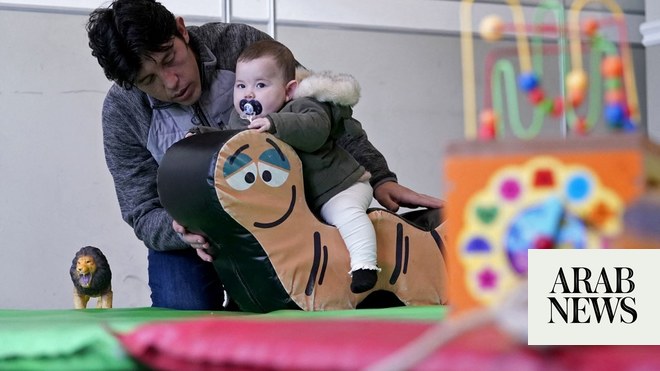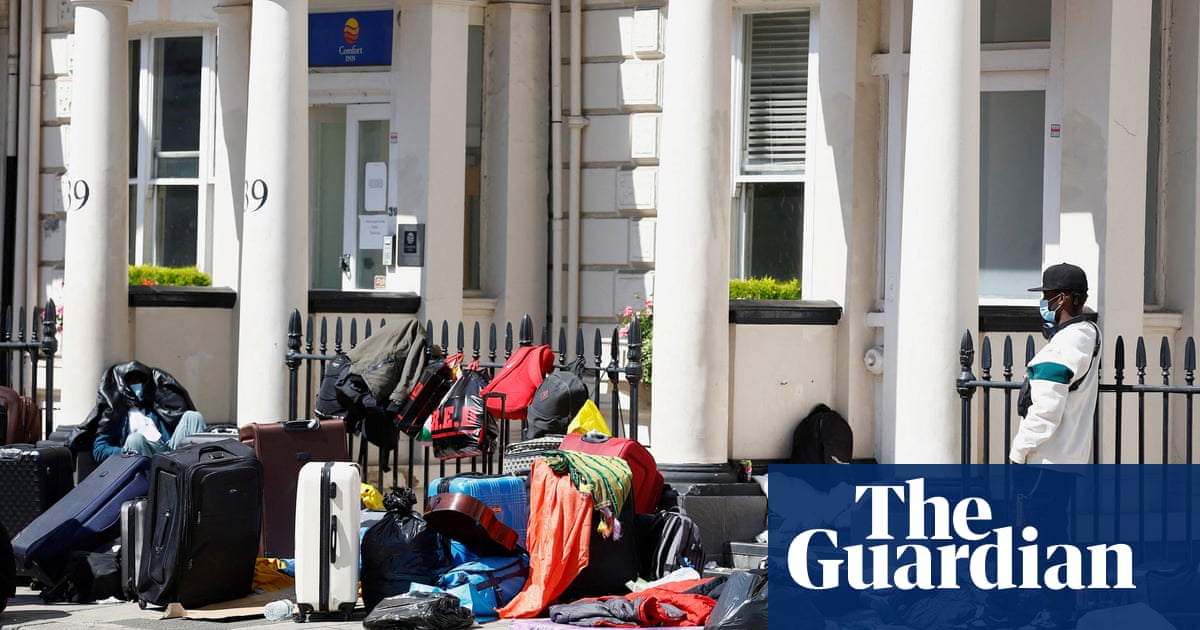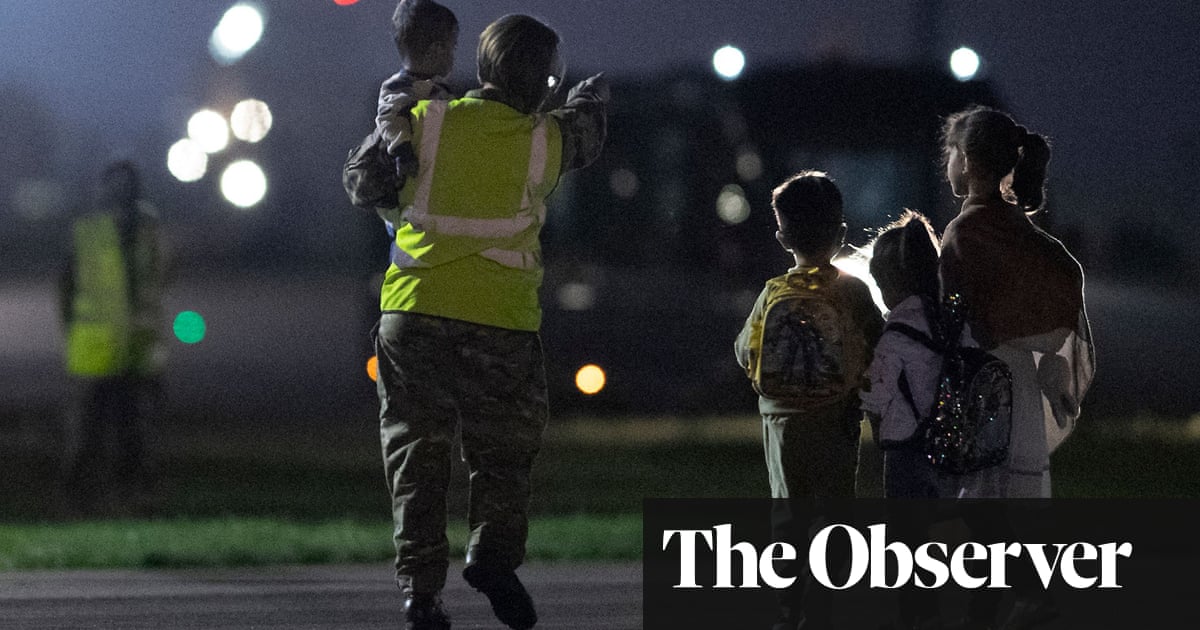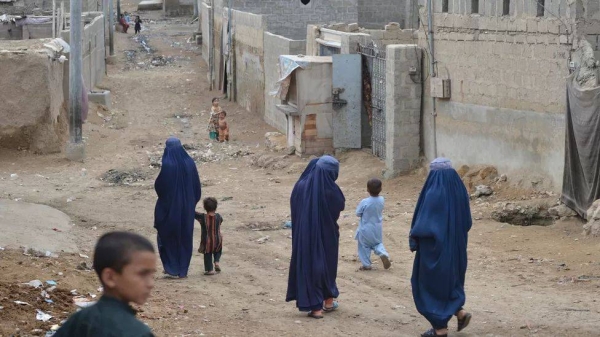
Some of the 7,000 Afghan refugees who are currently being housed in hotels are likely still to be in emergency hotel accommodation by the end of the year, the head civil servant in the Home Office indicated under questioning from MPs.
Matthew Rycroft, the permanent secretary at the department, said on Wednesday he hoped to make progress with the process of moving refugees from Afghanistan from hotels into more permanent accommodation within two months, but added that “clearly for some people it will take a lot longer”.
The 7,000 Afghan refugees in hotels are in addition to a further 8,000 asylum seekers who were already being housed in hotels before the sudden evacuation of families from Kabul in August.
About 70 unaccompanied asylum-seeking children are being housed in hotels, 16 of whom are aged under 16. MPs on the home affairs select committee expressed doubt over whether the hotel accommodation was suitable for children who have travelled to the UK alone. Rycroft said that there had been a shortage of offers of permanent housing from councils around the country.
Patricia Hayes, the second permanent secretary in the Home Office, said 100 councils had come forward to offer permanent housing and called on other local authorities to step up and assist with the process of providing permanent homes. “We can’t at the minute put a date on when we’re going to get people out of hotels. I think we all really just want to do it as quickly as possible,” she said.
MPs heard that the average waiting time for asylum applications to be processed now stands at more than a year, and the backlog is rising because of the growing numbers of applicants coming into the system. Officials said they were aiming to increase the number of caseworkers by 1,000 by the end of the financial year.
Enver Solomon, the CEO of the Refugee Council, said: “It’s alarming that families with large numbers of vulnerable children, many of whom are very traumatised, will have to remain in hotels for such a long time. Their mental health and wellbeing is extremely precarious and it’s critical that every family gets the support they need, so the warm welcome the government has promised becomes a reality rather than just an aspiration. The best place for these families is in homes, embedded in communities, and more councils must come forward to provide that.”
An Afghan interpreter who travels to the UK to seek asylum through an unofficial route will be liable to criminal prosecution and could face up to four years in prison, Rycroft confirmed, once the nationality and borders bill is passed later this year. Asked how the legislation would be compatible with the refugee convention, Rycroft said the bill included provision for safe and legal routes, indicating that interpreters who had worked for the UK would be eligible to come to the UK under official schemes. He said that prosecuting asylum seekers who enter the country illegally “is consistent with the refugee convention – it wouldn’t be in the legislation if it were not”.












